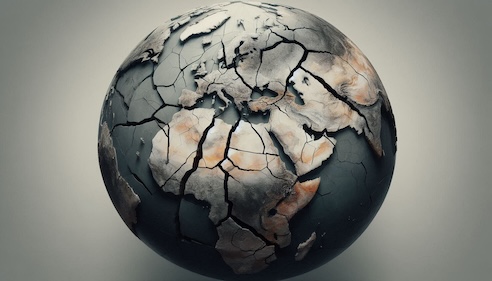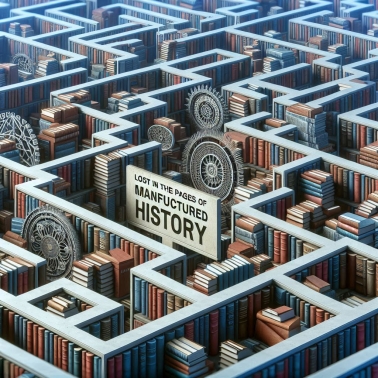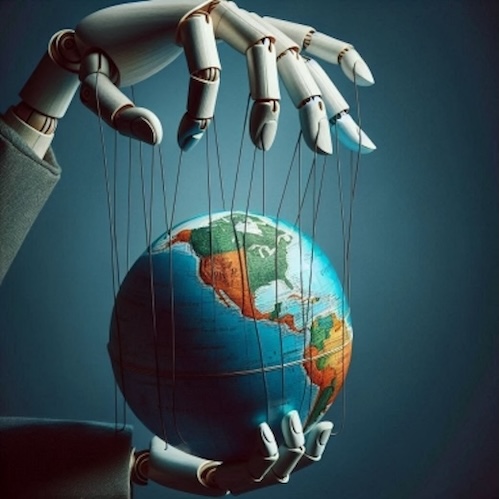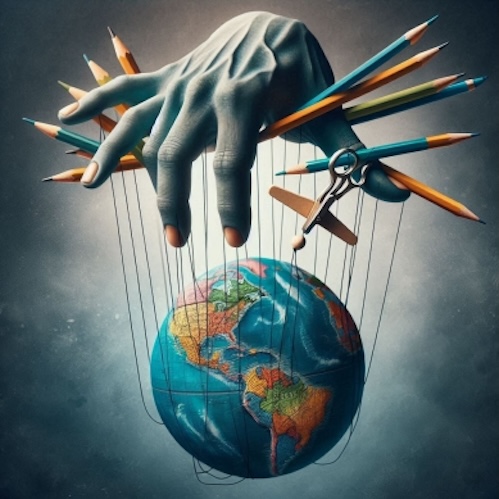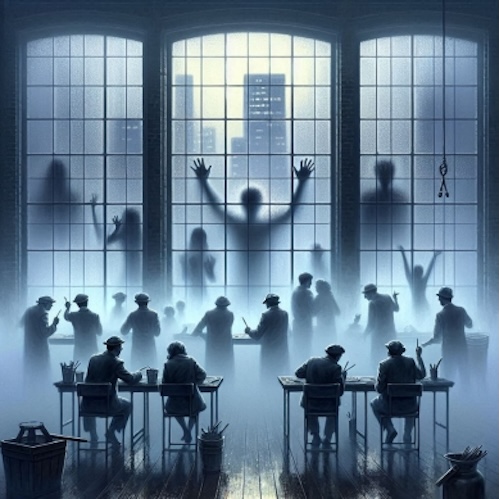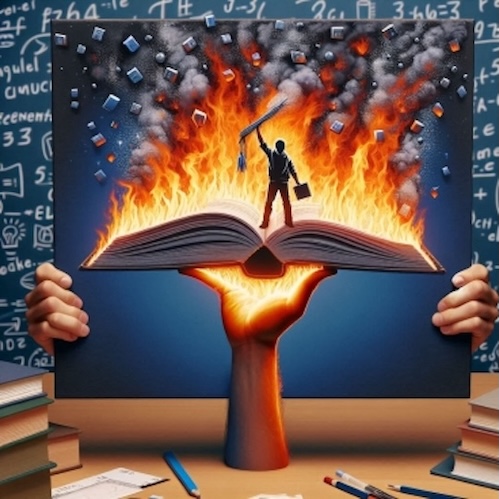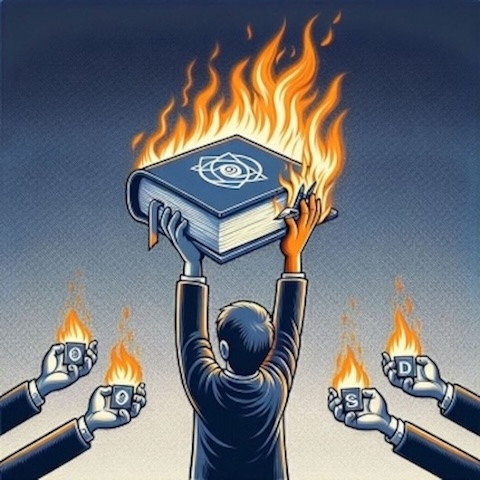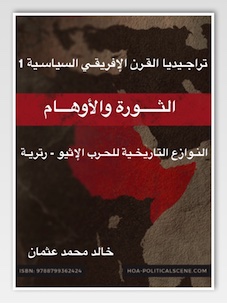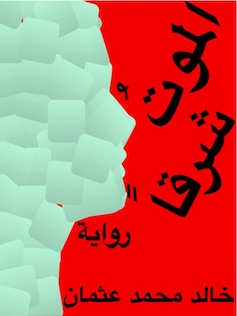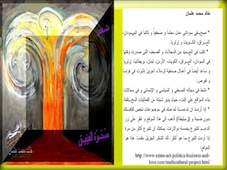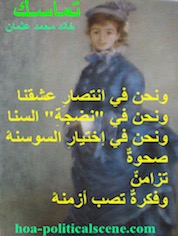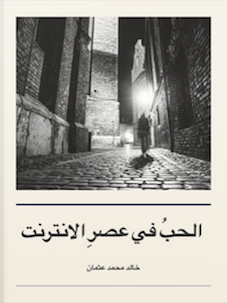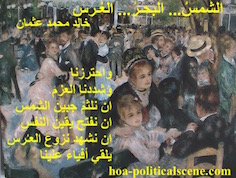The Illusions of Institutional Narratives & Your Mind-set!
You are going to discover the Illusions of Institutional Narratives & know how to deal with such matters. Arriving from "Rewriting History: The Lies We Inherit," you are already warmed by the fire of truth. I intend to keep that warmth alive as we continue to unfold the dominant narratives that shape collective memory... not to inform, but to keep societies compliant.
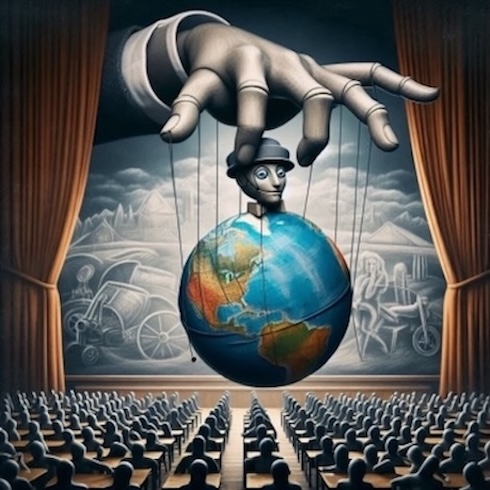 The Illusions of Institutional Narratives: A Puppet Hand Controlling a Globe Symbolizes institutional control over perception. 🔹 “The world you know is the story they wrote.”
The Illusions of Institutional Narratives: A Puppet Hand Controlling a Globe Symbolizes institutional control over perception. 🔹 “The world you know is the story they wrote.”Governments often forget that the people who brought them to power can also challenge them. If you didn't arrive from the previous page, you may want to start at the beginning of this journey into my mind. But assuming you did, you already know how my intuition about these narratives evolved from childhood into my work as an educator.
When I stood before my students, teaching them history as it was written, I knew something was missing. The official textbooks failed to capture the manipulation I had witnessed firsthand. That’s why, in the last two minutes of every lesson, I told them: Absorb the material for the exam... then forget it all. Because what truly mattered was the truth beyond the pages. The system dictates what they must memorize, but it is up to them to unearth what was deliberately omitted.
History is not a sequence of events etched in stone but a fluid construction, constantly shaped and reshaped to serve institutional interests. That’s why my lessons were never just about dates and figures; they were about questioning, about peeling away the layers of predetermined narratives. I wasn’t simply teaching history... I was teaching them how to see beyond it.
This page is one of more than 15 intertwined articles I have written following the changes we encounter in this era of global domination, which reflect in my mind as a teacher an journalist and motivated me to check the history of the historical eras before it to get more lights on how these eras reflect on each other despite moderation. Here are some of the pages as references to this historical connection:
- Why Expanding Horn Africa to Include Other States and Global Impacts?
- A New Era of Chaos and Distrust is Shaping!
- Pre-Cold War Era of Colonialism & Imperial Rivalries!
- Pre-Cold War American Expansionism!
- The Cold War Era: A Battle of Ideologies and Influence!
- Why Do Nations Fragment When Unity is Their Greatest Strength?
- Eastern Europe Socialist Bloc Fragmentation!
- Sudan and U.S. Policy: A Terrorism Connection? What's The Real Story?
- Eritrea Was Too Late to Independence Due to Colonial Conspiracies!
- Namibian Road to Independence From Liberation to Sovereignty!
- The Post-Cold War Era: A Shifting Global Landscape!
- How Economics, Ideology, and Geopolitics Fragment Nations and Create New Ones?
- New World Order: Stability or Chaos?
- Why Am I Saying A New Era of Disorder and Doubts is Shaping?
- Rewriting History: The Lies We Inherit!
- Illusion of Institutional Narratives!
- Why Prevailing Perspectives Fail Us?
- Conventional Narratives Are Always Wrong!
History or Propaganda? How Historians Shape Institutional Narratives?
History is often perceived as an objective record of events—a faithful documentation of what transpired over time. But in reality, history is curated, rewritten, and filtered through the hands of those in power. The question is not who writes history, but who is allowed to write it.
The Gatekeepers of Historical Truth
Governments, political institutions, and ruling elites play a significant role in determining which historians, scholars, and writers are given the platform to record history. Those chosen are often individuals whose interpretations align with the state’s interests. Dissenting voices... those who challenge national myths or expose inconvenient truths are ignored, suppressed, or even erased from historical discourse.
📌 Example: In authoritarian regimes, official historians craft narratives that glorify rulers, rewriting past failures as triumphs while silencing opposition accounts.
Selective Erasure: What They Don’t Want You to Know
History is not just about what is recorded... it’s equally about what is omitted. Authorities strategically remove or downplay events that contradict their preferred image. Genocides, political betrayals, colonial atrocities, and social movements that threatened the status quo often find themselves conveniently missing from official history books.
📌 Example: Many colonial histories gloss over or completely ignore the brutality inflicted upon indigenous populations, portraying imperial expansion as "civilization."
The Illusion of Objectivity
Even in democratic societies, history is shaped by institutional biases. Educational systems rely on approved textbooks, universities promote certain scholars over others, and media narratives reinforce state-approved interpretations. Objectivity becomes an illusion when gatekeepers dictate what is acceptable knowledge.
📌 Example: School curricula often frame wars as battles for freedom rather than economic or geopolitical power struggles.
Reclaiming History: Who Gets to Tell the Truth?
The internet, independent journalism, and critical academia have begun to challenge institutional history by amplifying suppressed voices. The democratization of information allows alternative perspectives to emerge, forcing official narratives to reckon with historical truths long ignored.
But the question remains... how much of history do we accept without question? And more importantly, how much of it do we need to question?
How Illusions of Institutional Narratives Impact Education?
Education is often perceived as a vessel for truth... a place where students absorb knowledge that shapes their understanding of the world. However, beneath this noble ideal lies a system built on institutional narratives, carefully constructed to maintain order, compliance, and often, national or ideological interests. These illusions impact education in several profound ways:
1. The Selective Writing of History
Textbooks are not merely records of the past; they are curated stories. Nations shape their histories to highlight victories, heroes, and progress while conveniently omitting atrocities, failures, or perspectives that challenge the dominant narrative. As a result, students grow up with an incomplete, sometimes distorted understanding of their own heritage and the world beyond their borders.
2. Reinforcement of Authority and Compliance
Institutional narratives frame education as a pathway to success defined by obedience to structured learning, standardized testing, and hierarchical authority. Critical thinking is often discouraged, as questioning established facts can destabilize the system’s control. In this way, education becomes more about memorization than understanding, shaping individuals who conform rather than innovate.
3. Suppression of Alternative Knowledge
Many educational institutions dismiss indigenous knowledge, oral histories, and unconventional perspectives in favor of "academically verified" sources. This exclusion silences valuable voices that challenge mainstream viewpoints, reinforcing a narrow and often Eurocentric or state-approved intellectual landscape.
4. The Illusion of Meritocracy
Students are taught that academic achievement leads to opportunities, that hard work equates to success, and that intelligence determines social mobility. Yet the reality is that systemic barriers such as economic inequality, political influence, and institutional biases play a far greater role in determining who thrives and who is left behind. The illusion of meritocracy keeps students striving within a framework that benefits select groups while ignoring structural disadvantages.
5. The Conditioning of Mindsets
Perhaps the most powerful impact is psychological as students internalize these narratives and carry them into adulthood. They may hesitate to challenge authority, question history, or consider alternative paths outside the expected norms. The illusion of institutional truth embeds itself in their worldview, shaping everything from political beliefs to career choices.
Breaking Free from the Illusions of Institutional Narratives
True education should be about inquiry, skepticism, and intellectual freedom. Recognizing institutional narratives is the first step toward breaking their grip. Encouraging students to analyze multiple perspectives, challenge assumed truths, and seek knowledge beyond official curricula allows them to reclaim their intellectual independence.
At its core, education should not be about teaching what to think but how to think. That is the real revolution.
The Illusion of Meritocracy in Education: A System Designed for Select Few!
What is Meritocracy?
Meritocracy is the idea that success is based purely on talent, effort, and intelligence rather than privilege, wealth, or social status. In an ideal world, educational systems would function as true meritocracies, ensuring that all students have equal opportunities to succeed.
However, reality often falls short, with systemic inequalities shaping outcomes far more than individual merit. This illusion convinces students that their achievements depend solely on their abilities, ignoring the deeper structures that influence access, progress, and opportunity.
Education is often framed as the great equalizer... the pathway to success that rewards intelligence, hard work, and perseverance. Yet beneath this ideal lies a system that perpetuates the illusion of meritocracy, convincing students that their achievements are purely based on personal effort while ignoring the structural inequalities shaping their outcomes.
1. The Myth of Equal Opportunity
Meritocracy assumes that everyone starts from the same position and has equal access to opportunities. However, economic disparities, racial biases, gender barriers, and geopolitical circumstances all influence educational access and success. Students from privileged backgrounds receive better resources, higher-quality instruction, and a support system that eases their way forward.
📌 Example: A student from a wealthy family can afford private tutoring, exclusive schools, and extracurricular activities that strengthen their academic profile... advantages unavailable to many others.
2. Standardized Testing: Measuring Privilege More Than Intelligence
Exams and standardized tests claim to objectively assess intelligence and ability, but they often reflect access to preparation rather than innate skill. Students from marginalized communities frequently lack the resources necessary to compete on an even playing field.
📌 Example: Studies show that students with private test preparation perform significantly better than those who rely solely on public education, reinforcing inequality rather than neutralizing it.
3. Institutional Barriers to Social Mobility
While education is promoted as a stepping stone to upward mobility, it often serves as a gatekeeping mechanism that maintains existing power structures. Many universities favor legacy admissions, high tuition fees, and networks that favor wealthier students, limiting access for those who truly need education as a ladder to success.
📌 Example: Prestigious universities disproportionately enroll students from elite high schools, reducing chances for equally capable but less privileged applicants.
Breaking the Illusion of Institutional Narratives
Recognizing the flaws in meritocracy allows students and educators to rethink success beyond institutional constraints. True progress comes from addressing systemic inequalities, advocating for education reform, and providing marginalized communities with real opportunities... ones not dictated by wealth or social class.
Beyond the Classroom: How Institutional Narratives Condition Mindsets?
Education doesn’t just teach subjects... it shapes the way individuals think, behave, and interpret the world around them. Institutional narratives embedded in school systems condition students to accept certain perspectives, often without questioning their validity. This conditioning extends far beyond academia, influencing political beliefs, societal behavior, and career choices.
1. The Normalization of Authority & Compliance
From an early age, students are taught to respect hierarchy - teachers, administrators, governments - without question. While discipline and structure are necessary, unchecked compliance discourages independent thought and critical inquiry.
📌 Example: In many education systems, questioning authority is seen as disruptive rather than intellectual curiosity.
2. The Framing of History & Political Discourse
Schools teach history from curated perspectives, often emphasizing national pride and glossing over systemic injustices. This conditioning influences how students view their country, shaping their political leanings before they fully understand opposing perspectives.
📌 Example: A government-controlled curriculum may glorify certain historical events while omitting critical discussions of oppression and war crimes.
3. The Internalization of Social Norms & Expectations
Beyond politics, education reinforces cultural and societal expectations... what career paths are valued, what behaviors are acceptable, and even what ambitions students should pursue. By repeatedly exposing students to these narratives, institutions mold their identities without allowing exploration of alternative viewpoints.
📌 Example: Students are often encouraged toward “practical” careers rather than creative or unconventional paths, reinforcing economic structures over personal fulfillment.
Reclaiming Intellectual Freedom
Breaking free from institutional conditioning requires active questioning, exploration, and exposure to diverse perspectives. Encouraging open discourse and empowering students to challenge embedded narratives allows education to become a space for growth rather than compliance.
How Education Systems Evolve?
Education has never been static... it changes according to cultural, political, and technological shifts. The way history and politics are taught today is different from past generations, yet the presence of bias remains constant. Here’s how education evolves:
1. Political & Ideological Shifts
As governments change, so do educational policies. New administrations often adjust curricula to reflect their priorities or suppress narratives that challenge their authority.
📌 Example: After revolutions or regime changes, textbooks are frequently rewritten to either erase the previous leadership or reframe historical events.
2. Technological Influence
The rise of the internet and digital platforms has transformed education. While schools once relied solely on official textbooks, students now have access to diverse perspectives through independent research, social media, and online academic sources.
📌 Example: Previously hidden or controversial historical facts can now be easily accessed and debated online, challenging conventional narratives.
3. Globalization & Cross-Cultural Exchange
Education is increasingly influenced by global perspectives. International scholarship and cross-border academic collaborations bring new viewpoints, making it harder for a single dominant narrative to persist.
📌 Example: Comparative history courses encourage students to examine events from multiple cultural perspectives rather than a nationalistic lens.
How Individuals Can Challenge Conventional Narratives in Academia
Despite institutional biases, there are ways for students and educators to push back against conventional narratives:
1. Critical Thinking & Independent Research: Encouraging analysis beyond official textbooks helps uncover alternative viewpoints.
2. Academic Activism: Writing, debating, and questioning established ideas within universities can create space for change.
3. Engaging with Unconventional Scholars: Some historians and researchers focus on challenging mainstream narratives, offering fresh insights.
Education is constantly evolving, but how fast it changes depends on those who push back against established narratives. Would you like to explore how historical revisionism plays a role in this process?
Historical Revisionism and Its Role in Education!
Historical revisionism is the process of re-examining established historical narratives, often in light of new evidence or perspectives. While some view it as a necessary correction of past inaccuracies, others see it as a tool for political or ideological manipulation. In education, historical revisionism plays a crucial role in shaping how students understand the past.
1. Correcting Historical Inaccuracies
Over time, new discoveries, archaeological findings, declassified documents, or advanced research can challenge previously accepted historical accounts. Revisionism allows historians and educators to update narratives to reflect a more accurate picture.
📌 Example: The understanding of Viking history has evolved significantly, revealing that they were not exclusively Scandinavian but had diverse cultural influences.
2. Challenging Nationalistic or Political Bias
Many historical accounts are written by those in power, leading to biased interpretations that serve political agendas. Revisionism helps expose these biases and offers alternative perspectives.
📌 Example: Some countries have revised their history textbooks to acknowledge past colonial atrocities that were previously omitted or downplayed.
3. Expanding Marginalized Voices
Traditional historical narratives often focus on dominant groups while neglecting the experiences of marginalized communities. Revisionism seeks to include perspectives that were historically ignored.
📌 Example: The role of women, indigenous peoples, and enslaved individuals in shaping history is now more widely recognized due to revisionist scholarship.
4. The Controversy of Revisionism
While revisionism can uncover hidden truths, it can also be misused to distort history for ideological purposes. Some governments or groups engage in revisionism to deny historical events or reshape public perception.
📌 Example: Certain political movements have attempted to rewrite history to downplay human rights violations or justify controversial policies.
How Should Education Handle Revisionism?
Education should encourage critical thinking, allowing students to analyze multiple perspectives and question dominant narratives. Instead of blindly accepting historical accounts, students should be taught to evaluate sources, recognize biases, and seek evidence-based conclusions.
The Global Dynamics Focus on the Problems Created by the Illusions of Institutional Narratives!
The *Global Dynamics* framework exposes the Illusions of Institutional Narratives... highlighting the true causes behind global crises while also proposing solutions to counter their impact. Institutions often craft narratives that obscure reality, selectively shifting responsibility away from systems of power.
Take global warming, for example. While its primary drivers stem from capitalist industries, military expansion, and space innovation, institutional narratives often redirect blame toward individual human behavior. In truth, the impact of government policies and large-scale production practices far outweighs the environmental footprint of ordinary people. The illusion of shared responsibility serves to shield powerful entities from scrutiny, making systemic change seem like an individual burden rather than an institutional failure.
Illusions of Institutional Narratives: Space Wars: The Next Frontier! [Latest on The Insight Lens: Thursday, May 08, 2025] Support me here Incredible videosIllusions of Institutional Narratives: Are We Repeating Colonial Mistakes in Space? [Latest on The Insight Lens: Thursday, May 08, 2025] Support me here Follow the Insight Lens
Illusions of Institutional Narratives: From Colonial Empires to Space Frontiers: Lessons Unlearned [Latest on The Insight Lens: May 9, 2025]
Illusions of Institutional Narratives: The Hidden Dangers of Space Exploration: Are We Going Too Far? [Latest on The Insight Lens: May 10, 2025]
Illusions of Institutional Narratives: Exploring the Unknown: Life, Environment & Cybersecurity! [Latest on The Insight Lens: May 06, 2025]
Illusions of Institutional Narratives: Climate Change: Myths vs. Reality! [Latest on The Insight Lens: Monday, May 05, 2025]
Illusions of Institutional Narratives: Navigating Global Chaos: Leadership in Trade Wars and Diplomacy! [Latest on The Insight Lens: 2025-04-22]
Illusions of Institutional Narratives: Navigating Trade Wars: China's Grip on Wellness Products! [Latest on The Insight Lens: 2025-04-22]
Illusions of Institutional Narratives: Climate Change: Myths vs. Reality! [Latest on The Insight Lens: Monday, May 05, 2025]
Illusions of Institutional Narratives: The World is Heating Amid Trade Wars – A Crisis Ignored! [Latest on The Insight Lens: 2025-04-24]
Illusions of Institutional Narratives: Exploring the Unknown: Life, Environment & Cybersecurity! [Latest on The Insight Lens: May 06, 2025]
What Do You Think of the "Illusions of Institutional Narratives"?
Writing your views on the "Illusions of Institutional Narratives" doesn't cost a penny. It encourages inspiring discussions on this free-opinion network. I encourage you to reflect on "Illusions of Institutional Narratives".
Have A Great Story About This Topic?
Do you have a great story about this? Share it!
Did you get any of my books from Apple Books?
Click here to tell me & get some free books. Fill the form.
رواية "الموتُ شرقاً" تكشف لك سرّ الموت الشرقي التراجيدي المستمر للإنسان
احصل علي الرواية الآن واكتشف إنهيار القواسم المشتركة، واستلهم إبداعا يشبه الأسطورة في النص الروائي
"Follow", "like", "tweet", or "pin" the pictures to express your love! Thanks
TweetHorn Africa's Political Tragedy
Love in the Internet Time on Apple Books
Rising of the Phoenix Poetry on Apple Books
Free Poetry Picture Book
Free poetry picture book on Apple Books. You can use the images on public places for your customers to enjoy, while taking coffee.
The French & Spanish Versions
You can work the French versions and the Spanish versions of the two books above with me on, one on one bases. Contact Us.
HOAs Political Poetry Imaged
I'll be thankful, if you get one of my books.
My Books!
Publish Your BookLet's be the publishers of your book. Use the form at Contact Us.

